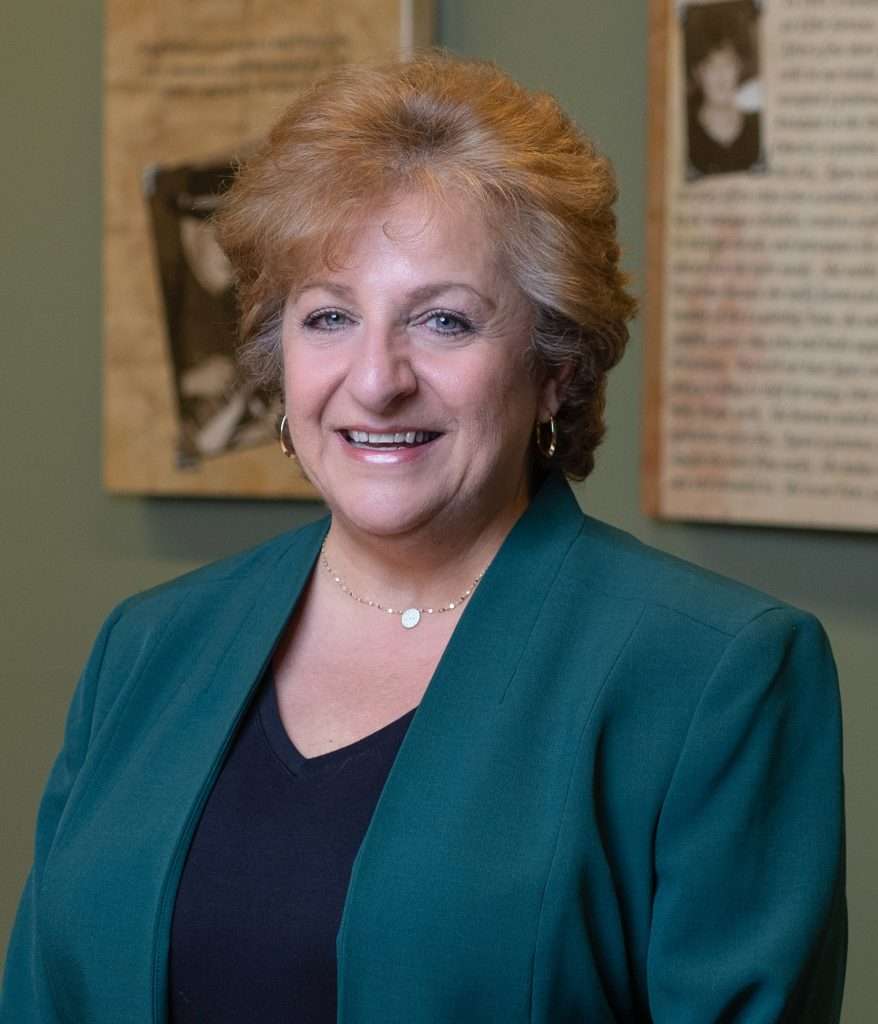Recognizing Elder Abuse Awareness Day

Elder abuse: it’s serious, common, and underreported.
That’s why we recognize World Elder Abuse Awareness Day (WEAAD) on June 15. This annual initiative by the International Network for the Prevention of Elder Abuse and the World Health Organization was launched to highlight this urgent but sometimes neglected issue.
Older adults make valuable contributions to our society and deserve our respect, so we all need to play a role in preventing elder abuse and neglect, especially since many older adults cannot advocate for themselves.
Most abuse happens in the home where the older adult lives. In fact, nine out of 10 abusers are relatives of the victim, and an estimated one in 10 older adults will experience some form of abuse during their lifetime, with financial exploitation being the most common type. Shockingly, most abuse goes unreported, with one in 6 cases brought to light.
There are six types of elder abuse:
Physical: Intentionally inflicting force, resulting in injury, or threatening to do this
Neglect: Failure by a caregiver to provide essentials, which results in harm
Emotional: Intentionally inflicting mental or emotional anguish
Financial Exploitation: Unauthorized use of funds or resources
Sexual Abuse: Non-consensual sexual contact of any kind
Self-Neglect: Failure by an individual to meet his/her basic needs for food, clothing, shelter, personal, and medical care
Any marked or abrupt changes in an older adult’s behavior, disposition, or physical condition can signal abuse may be taking place.
Here are some signs of elder abuse:
Bedsores, bruises, or chafing: Can mean an older adult is being restrained to a bed or wheelchair, or otherwise physically injured
Weight loss: Might indicate a person is malnourished or dehydrated
Poor hygiene: Can be evidence of abuse or neglect
Changes in mood: Becoming anxious, agitated, or without energy can be a response to ongoing abuse
The following are signs of self-neglect:
Mismanaging medications
Home safety issues, such as hoarding
Wandering
Unsafe smoking, unsafe driving
Failing to pay bills
Compulsive spending
Remember, if you suspect something, say something. Call the Massachusetts Elder Abuse Hotline at 1-800-922-2275. The hotline is open 24 hours per day, seven days per week. All calls are confidential.
For more information, visit https://www.mass.gov/reporting-elder-abuse-neglect
Recent Posts
Categories
- Aging Unbound
- Annual Golf Classic
- Ask Joan – Weekly Q and A Column
- Caregiver Events and Workshops
- Caregivers Connect
- Caring for Someone with Alzheimer’s or Dementia
- Changing Aging
- Community
- COVID19
- Digital Access
- For Families and Caregivers
- General
- General Ideas and Support
- Geriatric Support Services
- Grandparents / Kinship Caregivers as Parents
- Health Worker
- Healthy Aging
- Inspiring Aging
- LGBTQ+
- Long Distance Caregiving
- Making Connections
- Medicare Resources
- New to Caregiving
- Nutrition
- PCA
- Program Update
- Resources
- Scam Alert
- Self Care for the Caregiver
- Uncategorized
- Veterans
- Volunteering
- What’s New Out There
- Years of Service
Tags
Affordable housing agespan Alzheimer's awareness caregiver Caregiver Care caregivers Caregiver Support clutter Cognitive community Connection Dementia diabetes education General Caregiving golf golf classic Grandparents health healthy aging hiring Hoarding housing learning Long Distance Medicare meditation memory cafe Memory Loss mental health Music and Memory Nutrition older adults older americans month personal care report elder abuse Resources Self Care SHINE taichi tournament volunteer wellness Yoga
